The government of the Netherlands has announced a €25 billion plan to greatly reduce livestock numbers in the country. Parts of the plan includes paying some farmers to relocate or exit the industry and helping others to transition towards a low-density farming system.
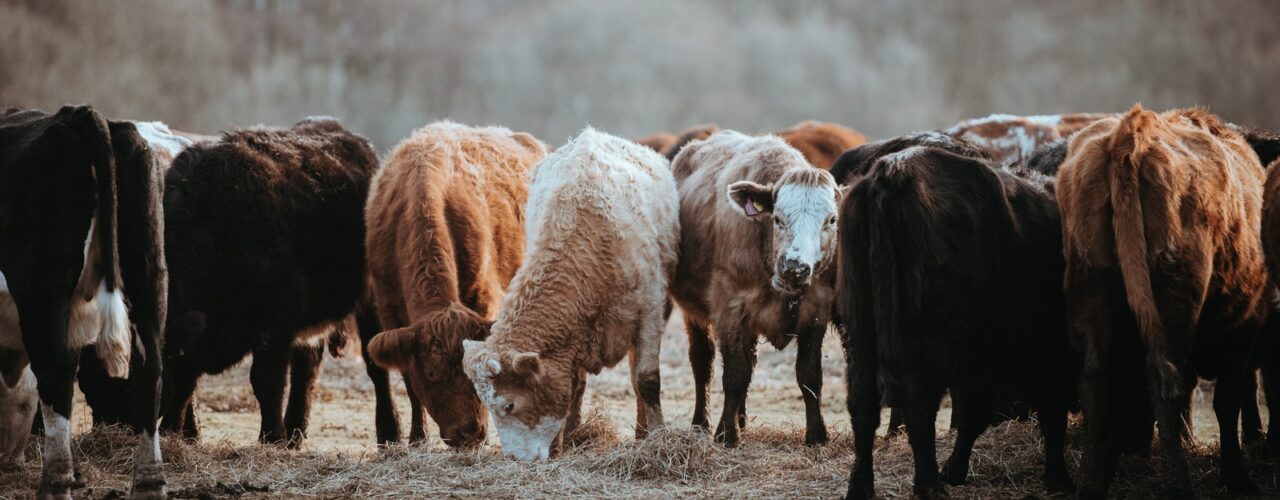
So what?
Netherlands has the highest density of livestock in Europe, and it has become overwhelmed by the amount of manure produced which has led to the nitrogen pollution of its water sources. Shifting such a vast industry will be challenging and past plans to regulate the industry has seen backlash from farmers. The newly formed Farmer-Citizen Movement party has performed beyond expectations in the polls, and it should serve as a reminder of the need to have a just transition away from livestock.
Netherlands’ plans will certainly be watched by other countries that hope to move away from a livestock sector that contributes greatly to land degradation and carbon emissions. But the question of consumption remains: Will there be any change in global emissions if the livestock that was hitherto supplied by the Netherlands simply shifts some place else?
Sources
-
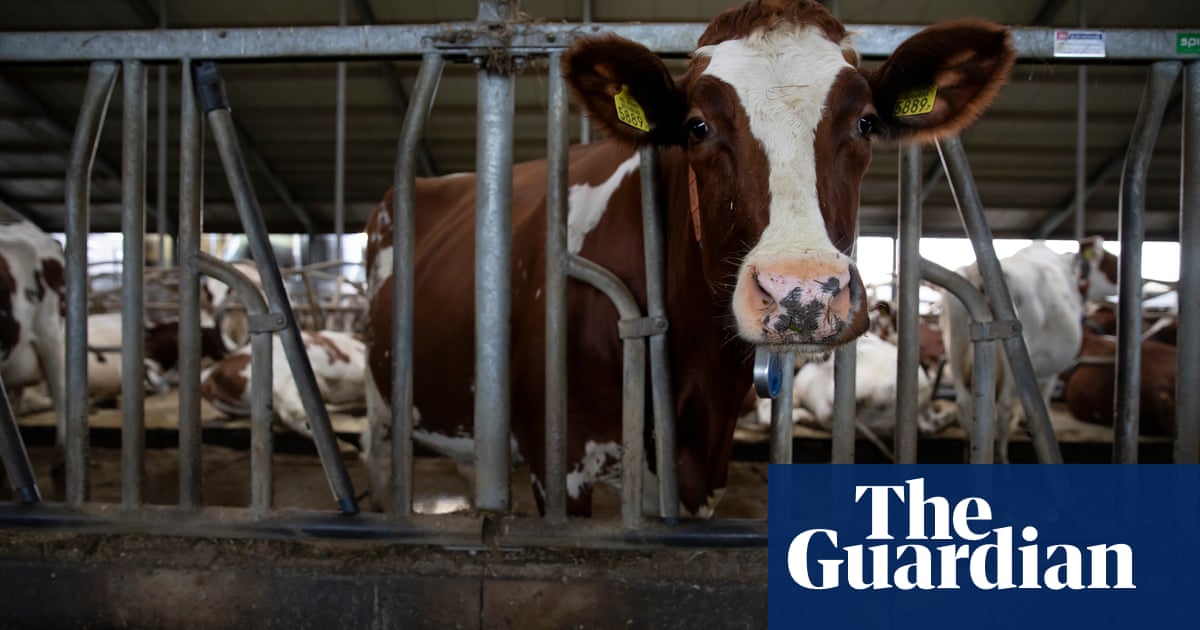 Netherlands announces €25bn plan to radically reduce livestock numbers https://www.theguardian.com/environment/2021/dec/15/netherlands-announces-25bn-plan-to-radically-reduce-livestock-numbers
Netherlands announces €25bn plan to radically reduce livestock numbers https://www.theguardian.com/environment/2021/dec/15/netherlands-announces-25bn-plan-to-radically-reduce-livestock-numbers -
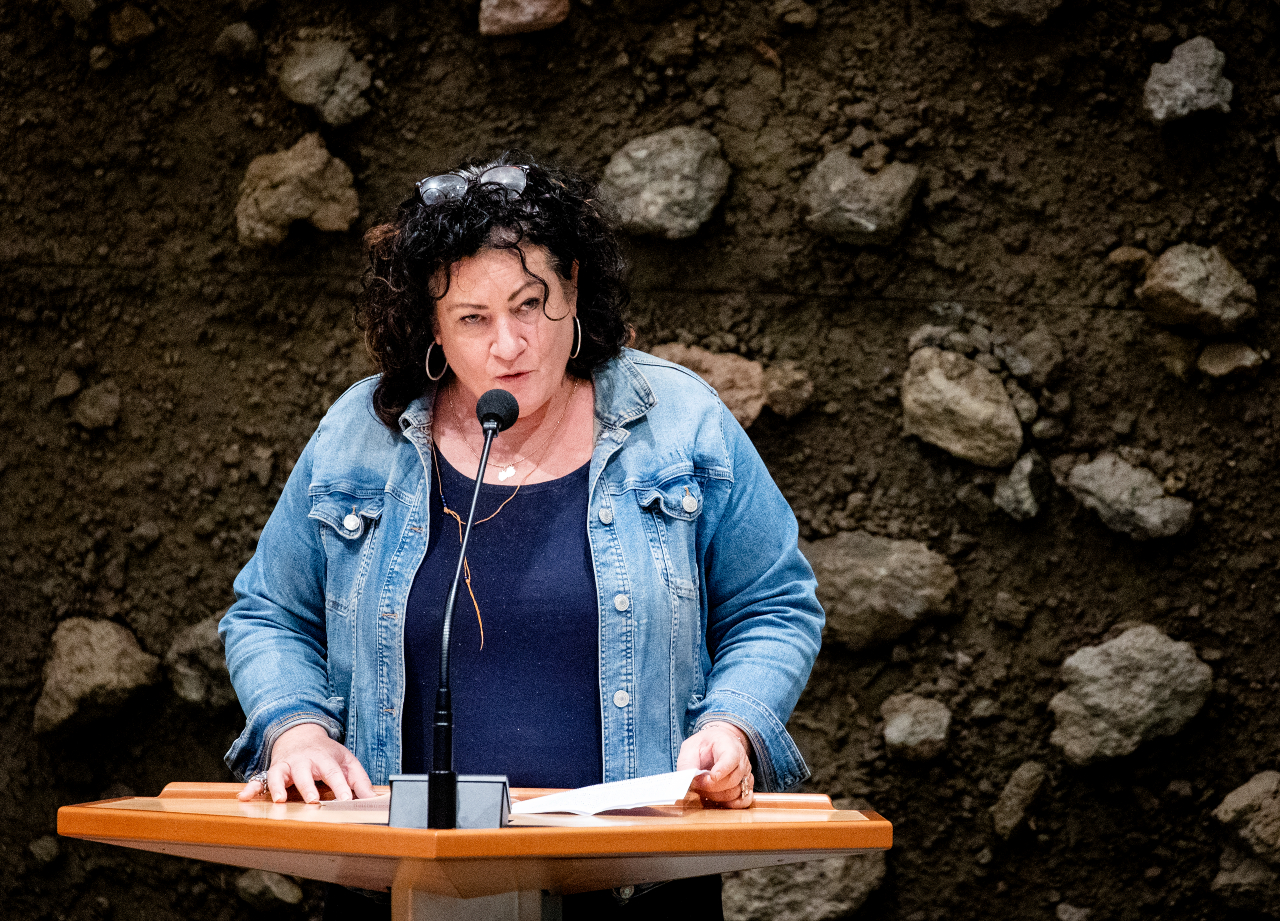 Caroline van der Plas: unrest that drove farmers' protests has not gone away - DutchNews.nl https://www.dutchnews.nl/news/2021/12/caroline-van-der-plas-unrest-that-drove-farmers-protests-has-not-gone-away/
Caroline van der Plas: unrest that drove farmers' protests has not gone away - DutchNews.nl https://www.dutchnews.nl/news/2021/12/caroline-van-der-plas-unrest-that-drove-farmers-protests-has-not-gone-away/

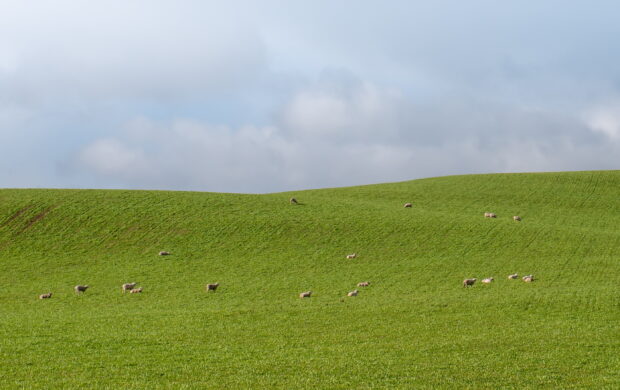
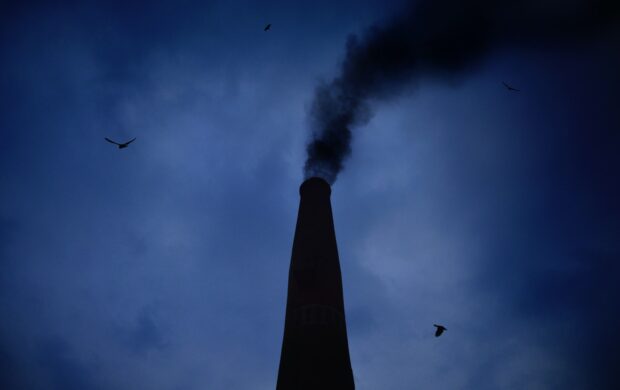
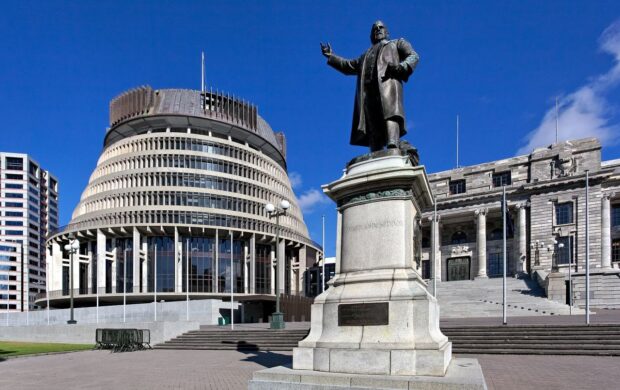
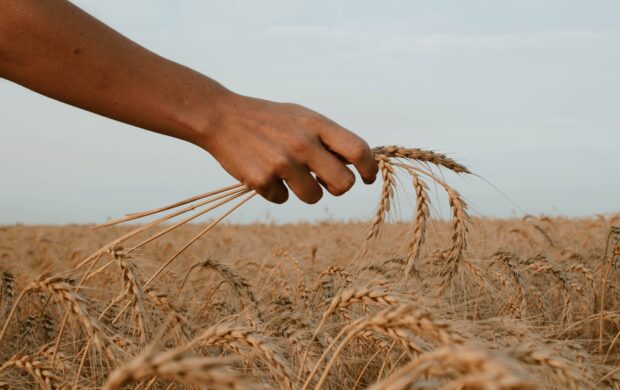
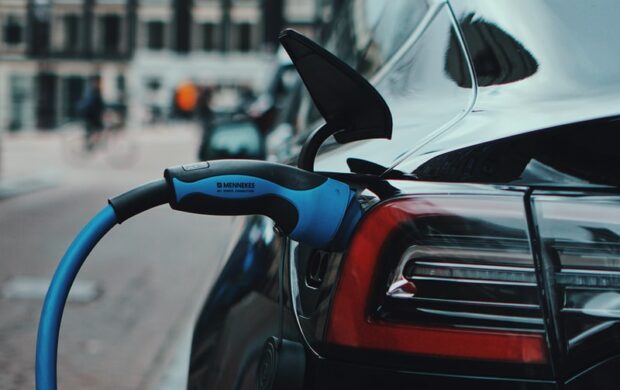
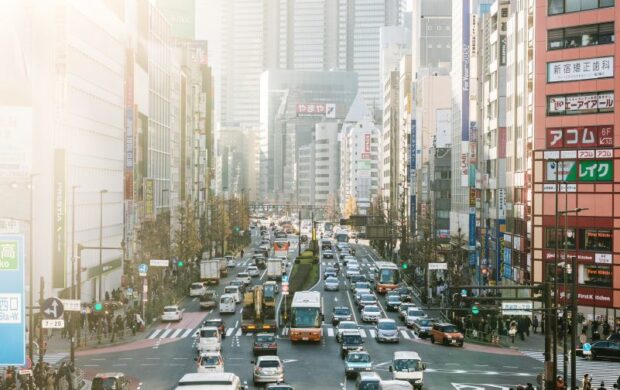
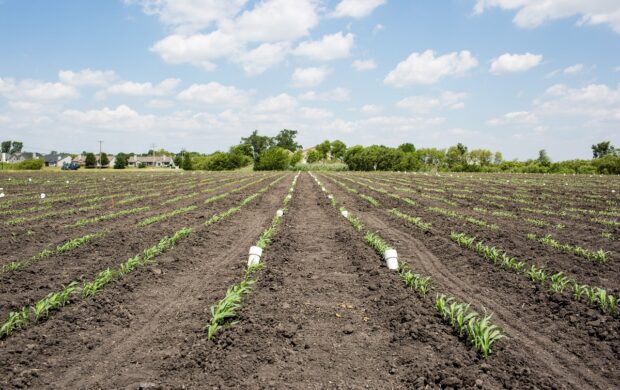
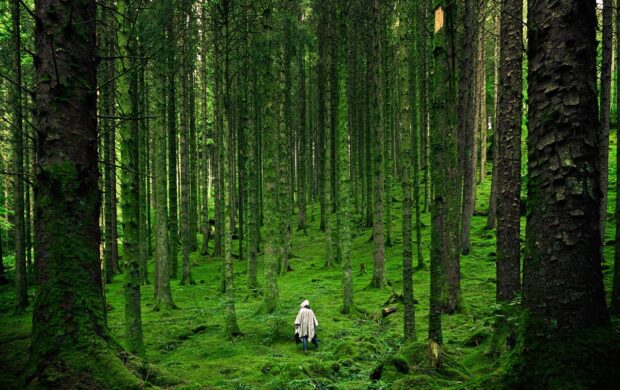

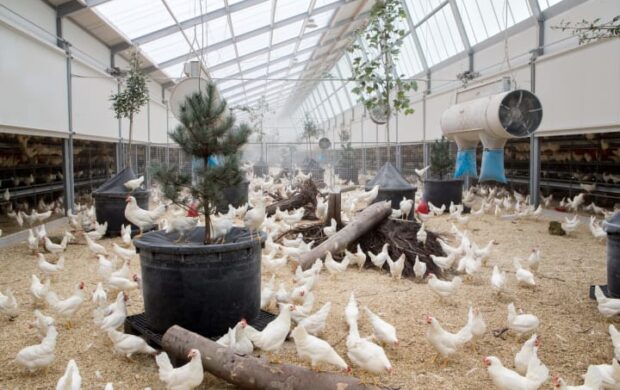


Join discussion